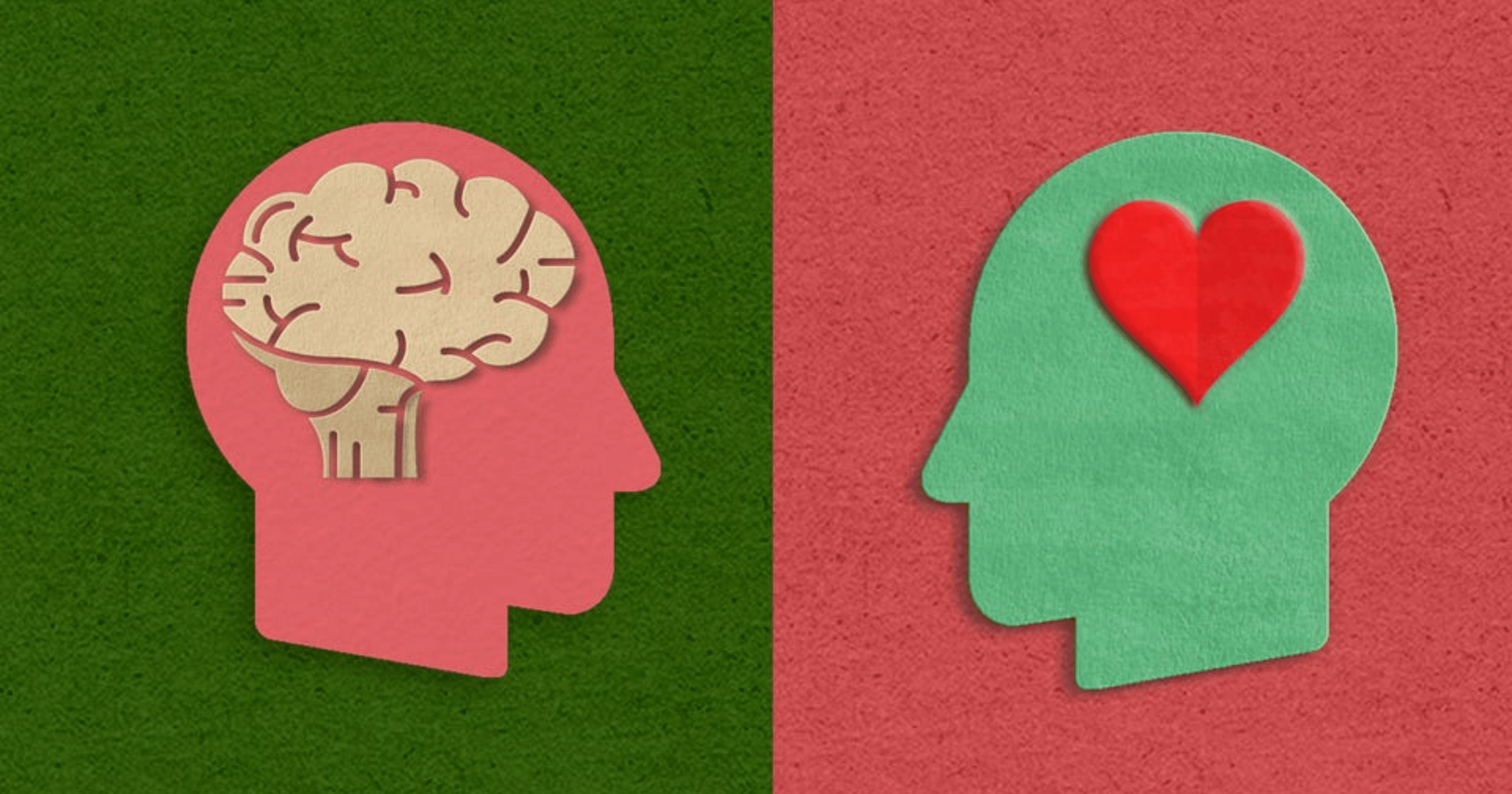Emotions Vs. Feelings: Understanding The Difference Can Improve Emotional Intelligence
Many consider the terms “emotions” and “feelings” to be interchangeable. However, there is a massive difference between them. Recognizing the difference is crucial for increasing your own level of emotional intelligence and understanding that a person’s demonstrated feelings are not always indicative of who they are as a person.
Why The Difference Matters
You're not alone if you didn't realize there is a critical difference between emotions and feelings. Although emotional intelligence is talked about more today, our traditional education rarely touches on the importance of understanding emotions and feelings. Some enlightened businesses and institutions are educating themselves and their people on how feelings influence your identity at work. Dissonance between your raw emotions and your processed feelings can lead to anxiety, depression and even the loss of identity. If you've ever felt that you're not being true to yourself, consider exploring the world of your emotions and how you interpret them as feelings.
Emotions Vs. Feelings
Emotion is from the Latin "motus," and roughly means energy in motion. Emotions have their own life apart from thoughts and trying to classify them as either good or bad can lead to overcomplications that prevent you from moving forward and using that energy to better your life and the lives of others. Think of it this way: A stimulus of some sort, sometimes good and sometimes bad, induces a chemical reaction—a.k.a. an emotion—and that emotion causes you to experience a feeling which is, again, sometimes good and sometimes bad.
Emotions are like raw data, which can be measured by measuring the end results in such things as blood pressure, pulse rate, facial micro-expressions, body language, activity in the brain, etc. All of these things then cause you to experience feelings, which are created after the chemical has done its work. These feelings are typically associated with happenings, beliefs, temperament and memory. They are inherently complex and open to an endless number of misunderstandings, confusion, repression and other issues that may prevent people from understanding themselves and being consistent and authentic.
Appreciating and exploring the full ramifications of your feelings and emotions can be serious, lifelong work. However, there are things you can do to improve your emotional intelligence and become a much more effective and contented person.
How To Improve Your Emotional Intelligence
Emotions are raw and you experience them continually, without being aware of them. You can’t change your emotions. What you can change is how you respond to the feelings resulting from your emotions. By working on your feelings and becoming more aware of your emotions and how they interact and produce feelings, you can break down the process and put it back together in a way that is more authentic and works better for you.
1. Recognize that your feelings are not facts and are unique to you. A feeling is how you interpret an emotion. Don't make the mistake of thinking that a feeling is correct or that there is only one way to feel about something. A feeling is a way of classifying your experiences. How different people classify an experience or physical sensation can vary according to many factors, such as their upbringing, life experience, friends and cultural expectations.
2. Carefully examine your feelings. Feelings will guide you back to your true emotions which are the essence of the real you and show you what's really going on. Observe, examine and critique. In doing so, you can overcome unconscious reactions and be more authentic and intentional.
3. Respond to your feelings in a way that is appropriate and beneficial. Don’t respond to feelings just because your emotions are producing them. Break the habit of responding to your feelings by paying attention to your physical state without labeling it, i.e., "I am feeling frustrated or anxious or depressed because of the meaning that I gave to this event." Evaluate if you still want to take action from that meaning and associated feelings or look for an alternative meaning. Then decide whether to continue with that initial feeling and meaning or to choose an alternative meaning and a new feeling instead. With regular practice, you can take control of your feelings and thus take control of your life.
Slowing the rush to action and understanding the difference between emotions and feelings can help you maintain your calm, balance and authenticity. Recognizing the meaning of your emotions and validating their feelings can lead to a better understanding of yourself and others.
This article was originally published in Forbes

